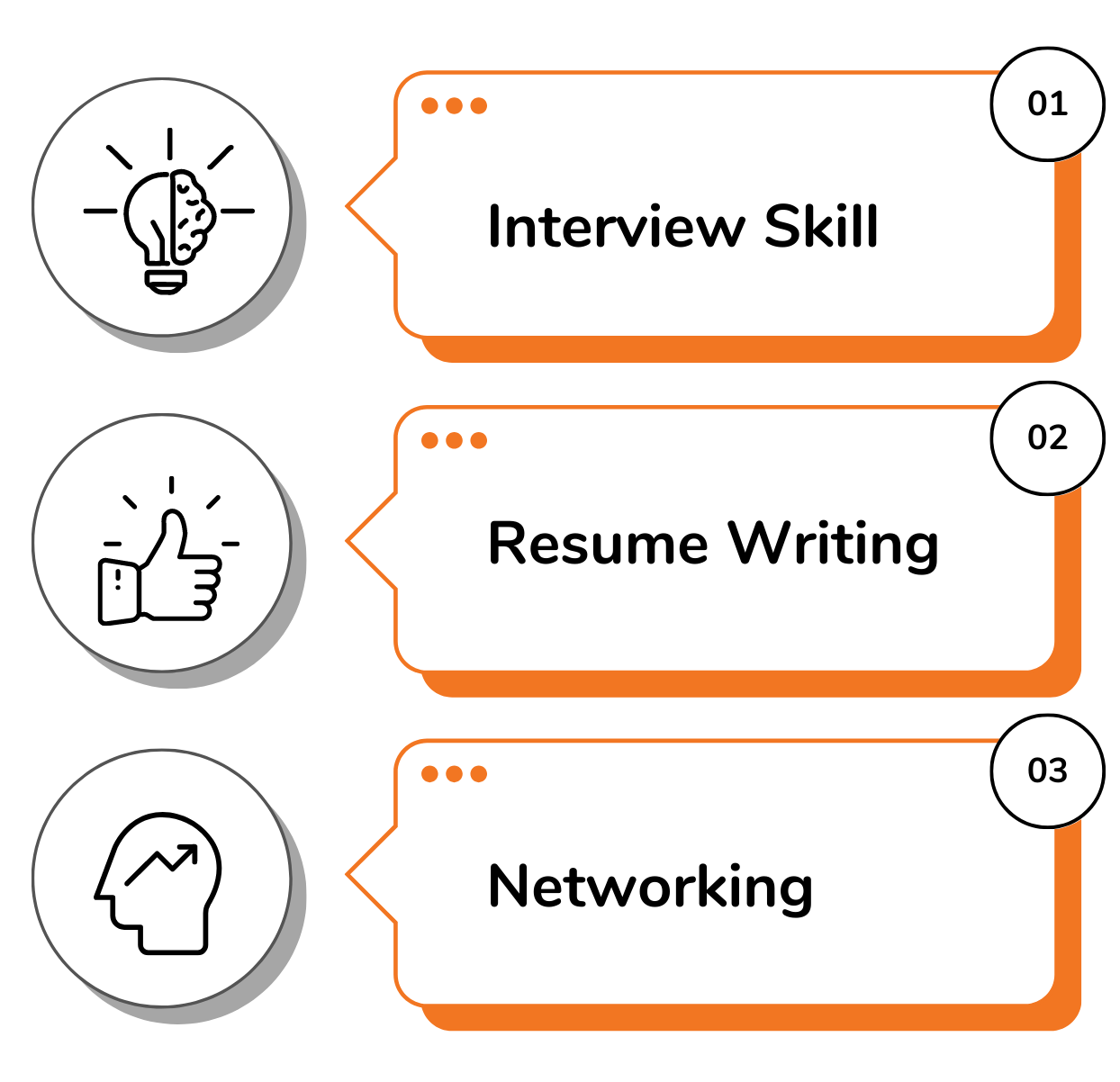Description:
Duration:

Eligibility:
Benefits:


Note: This syllabus provides a comprehensive outline for our Software Testing Course. The course content can be further customised to address specific testing needs, industry standards, and advanced testing concepts as required by the students and the course objectives.
Pune, Maharashtra, India
+91 7558555801
asdrinfotech@gmail.com
Copyright© 2022 ASDR Infotech - All Rights Reserved | Powered by ASDR Infotech Pvt.Ltd.